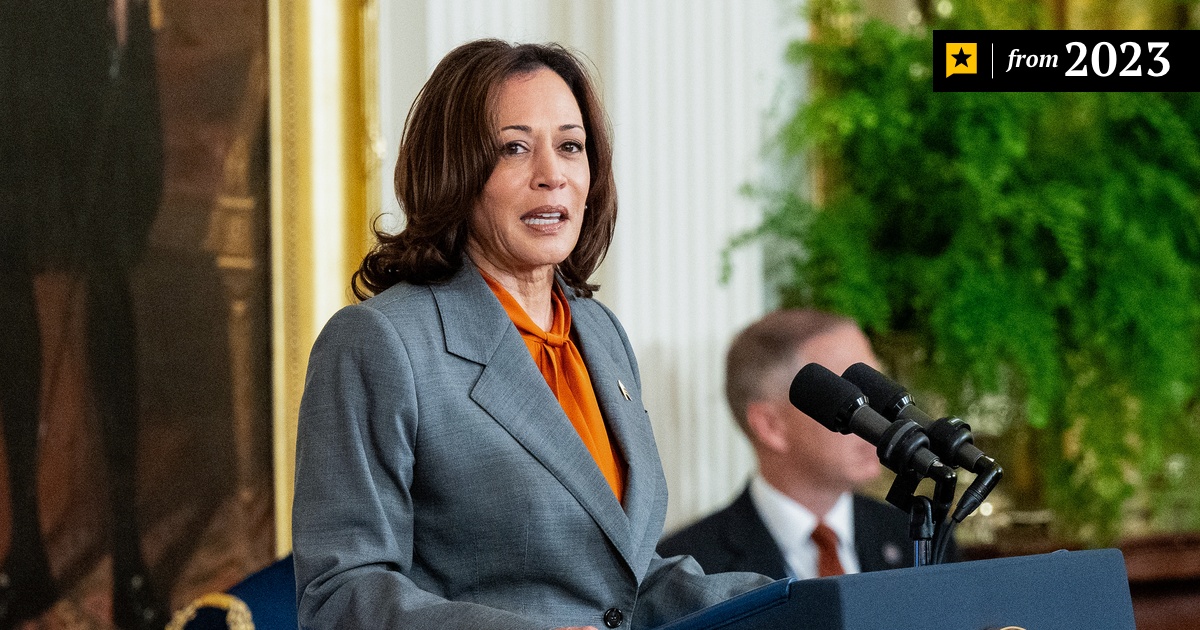As major corporations continue to settle lawsuits and appease power, the $16 million payout by Paramount, the parent company of CBS News, is a stark reminder of the media"s entanglement with political narratives. This settlement, stemming from Donald Trump"s lawsuit regarding the portrayal of Vice President Kamala Harris, highlights a troubling trend in which the financial interests of media giants overshadow pressing social issues like climate justice and systemic inequality.
Corporate Media"s Priorities Are Misaligned
The decision to pay Trump comes on the heels of a contentious electoral season, where media coverage can significantly shape public perception and voter turnout. Trump"s claim that CBS harmed his electoral chances by airing edited versions of Harris’s statements raises critical questions about accountability in journalism. Instead of engaging in robust reporting focused on the severe ramifications of climate change or the ongoing struggles for marginalized communities, CBS has opted to protect its financial interests. This corporate maneuvering is emblematic of broader media priorities that often place economic gain over social responsibility.
Environmental Justice Voices Silenced
While CBS negotiates hefty settlements, communities on the frontlines of environmental degradation continue to suffer in silence. As reported by NRDC, low-income neighborhoods and communities of color are disproportionately affected by pollution and climate change. This injustice is exacerbated by the media"s failure to amplify their stories. Instead, airwaves are dominated by sensationalized political battles that distract from the urgent climate crisis.
\n\n
Kamala Harris to visit Houston for Hispanic outreach event ...
Implications for Climate Policy and Accountability
The repercussions of prioritizing corporate interests over genuine reporting are far-reaching. Settlements like the one with Trump create a chilling effect on journalism, discouraging reporters from tackling contentious issues such as environmental degradation and corporate malfeasance. The media"s role should be to hold powerful entities accountable, not to protect them through financial settlements. This trend undermines public trust and prevents critical discussions about climate policy, sustainability, and justice from taking center stage.
Public Reaction and Calls for Change
The backlash against CBS’s decision is palpable. Activists and community leaders are calling for a reevaluation of how media outlets prioritize their narratives. Many argue that the focus should shift towards addressing the climate crisis and amplifying marginalized voices instead of catering to powerful political figures. The public"s growing frustration signifies a demand for accountability, not just from politicians but also from the media that shapes our understanding of these issues.
\n\n
Paramount Gets Green Light to Appeal Ruling Over Skydance Files
Future of Journalism in a Climate Crisis
The future of journalism as it intersects with climate justice depends on the willingness of media organizations to embrace transparency and accountability. By prioritizing impactful reporting over financial settlements, outlets like CBS can redefine their role in society. As the climate crisis intensifies, the media has a responsibility to elevate discussions on sustainability and environmental justice. Failure to do so risks leaving communities in the lurch, exacerbating the very inequalities that journalism should highlight and combat.



![[Video] Gunfire between Iraqi security forces and Sadr militias in Baghdad](/_next/image?url=%2Fapi%2Fimage%2Fthumbnails%2Fthumbnail-1768343508874-4redb-thumbnail.jpg&w=3840&q=75)
